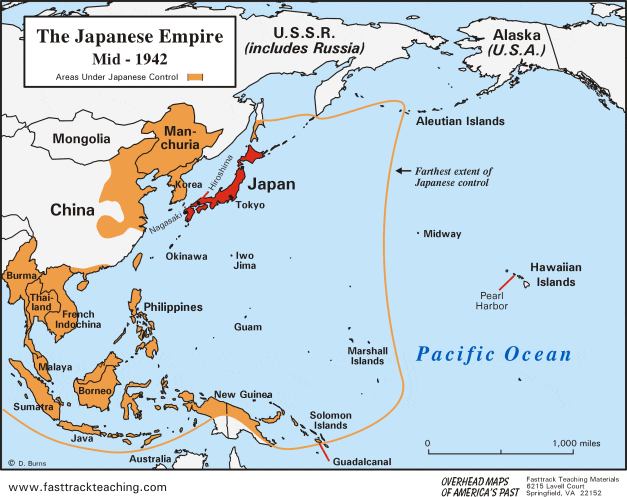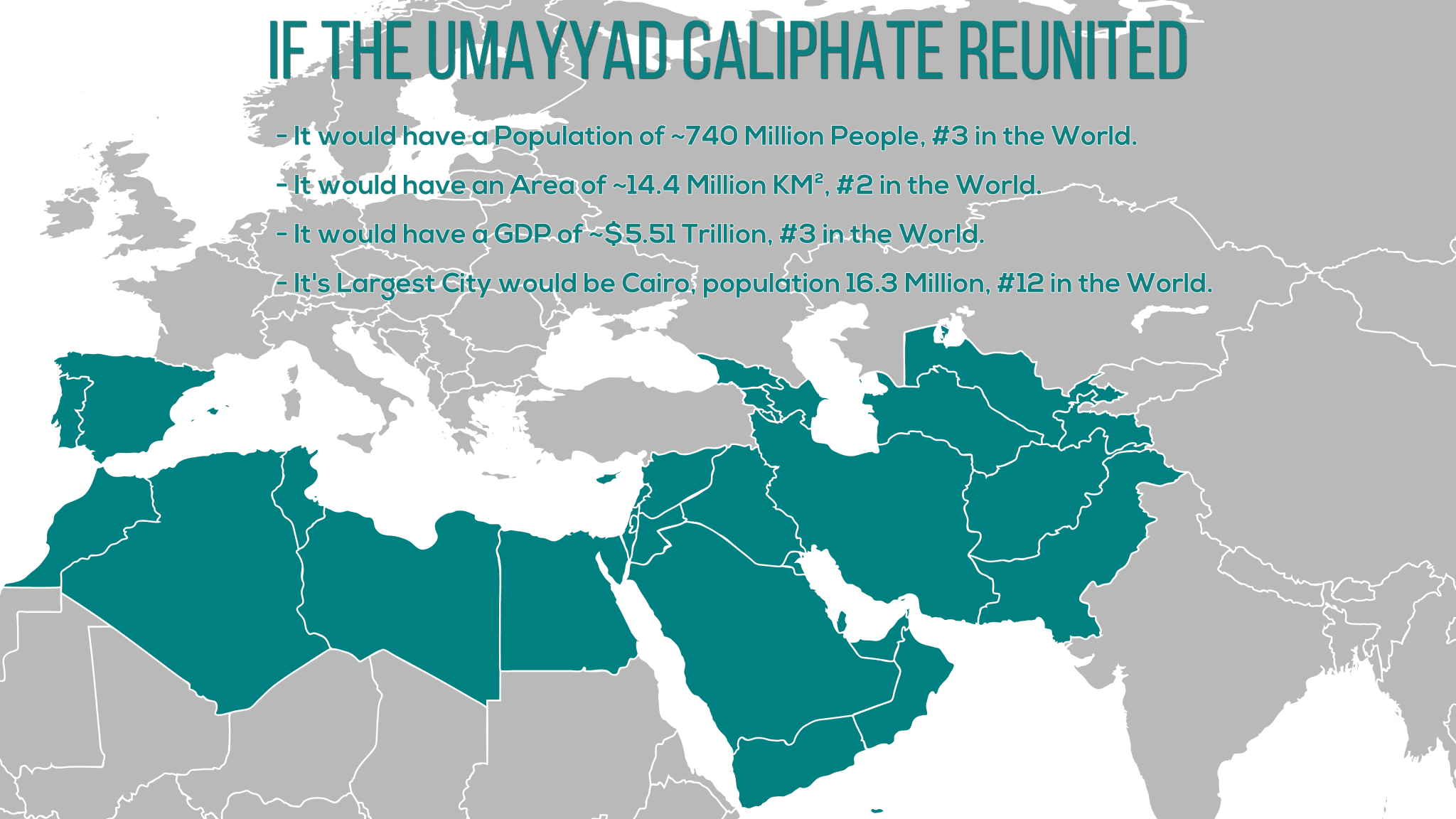Mastery is a process not an end, obviously nothing can be mastered. Perfection doesn't exist in the universe. You misunderstand me.
Again your view of Nietzsches will to power is wrong and twisted. You think will to power is metaphysical and exists outside us- I am trying to explain it is a psychological concept that exists within us. Psychology has its basis in biology as the mind is inseperable from the body. The body is inseperable from its environment. Our perceptions of change in space and time are a major function of our psyche. If will to power is understood as a psychological concept then it must incorporate perceptions of change in space and time.
You change the definition of the will to power. Will to power doesn't include the external world. But only the individual. If it did include the external world then the will to power would no longer exist because the very definition of the will to power means that the will is not subordinate to the world. The question is what determines human progress and in what way does it determine human progress. For Nietzsche the will to power was the fundamental reality which did not include environmental conditions or time or development. If it did, then the "will" would cease to exist.
To say that, well the will is part of the individual, and therefore the individual is part of the world. Doesn't change the facts of the situation. The will has a very specific meaning in which it did not subordinate to nothing in the world, whether time, environments, or development.
Is that supposed to be an insult? I will take it as a compliment.
You act like I am supposed to be embarrassed for having right wing views? I don't support any political party in particular rather whichever one offers the most freedom and is least oppressive. It is obvious that the far left is at present the greatest danger to western society and to its peoples individual freedoms.
No, its suppose to show that your commitment to Nietzsche isn't really because of his philosophical theories as a whole. Rather as a way to justify your political ideology.




